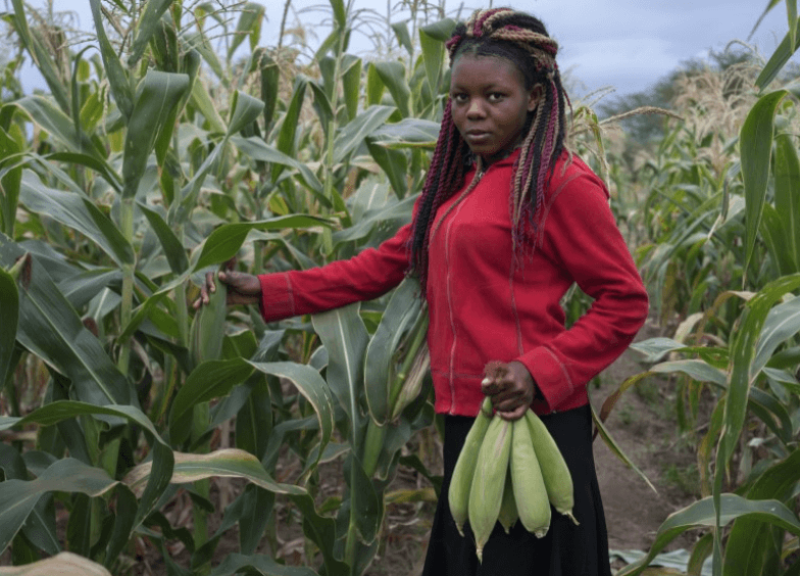The Head of AUDA-NEPAD flagship biosafety programme, Samuel Edudzi Timpo, has implored African states and governments not to wait to only become buyers of genome editing (GEd) technology products but to become active participants in the development and usage of emerging modern biotechnology tools.
He said the GEd technology offers a cost-effective method of seed breeding that could be used to develop crop varieties that could withstand environmental stresses, including pests and diseases as well the changing climatic conditions.
These techniques are being used for crops such as rice, tomato, maize, sugarcane, soybean and potato to confer pest and disease resistance, higher resilience to abiotic stress, higher nutrient use efficiency and increased yield potential, and in animals like poultry, sheep, goat, cattle and pigs for increased disease resistance, better adaptation to farming or environmental conditions and enhanced animal welfare.
Mr. Timpon expressed the concern that it would be disappointing should African nations wait for other nations to develop and reap the benefits in GEd technology before it would consider it.
“This is the problem of Africa; we tend to wait for others to go far…and by the time we realise it is okay, we become buyers,” he noted.































